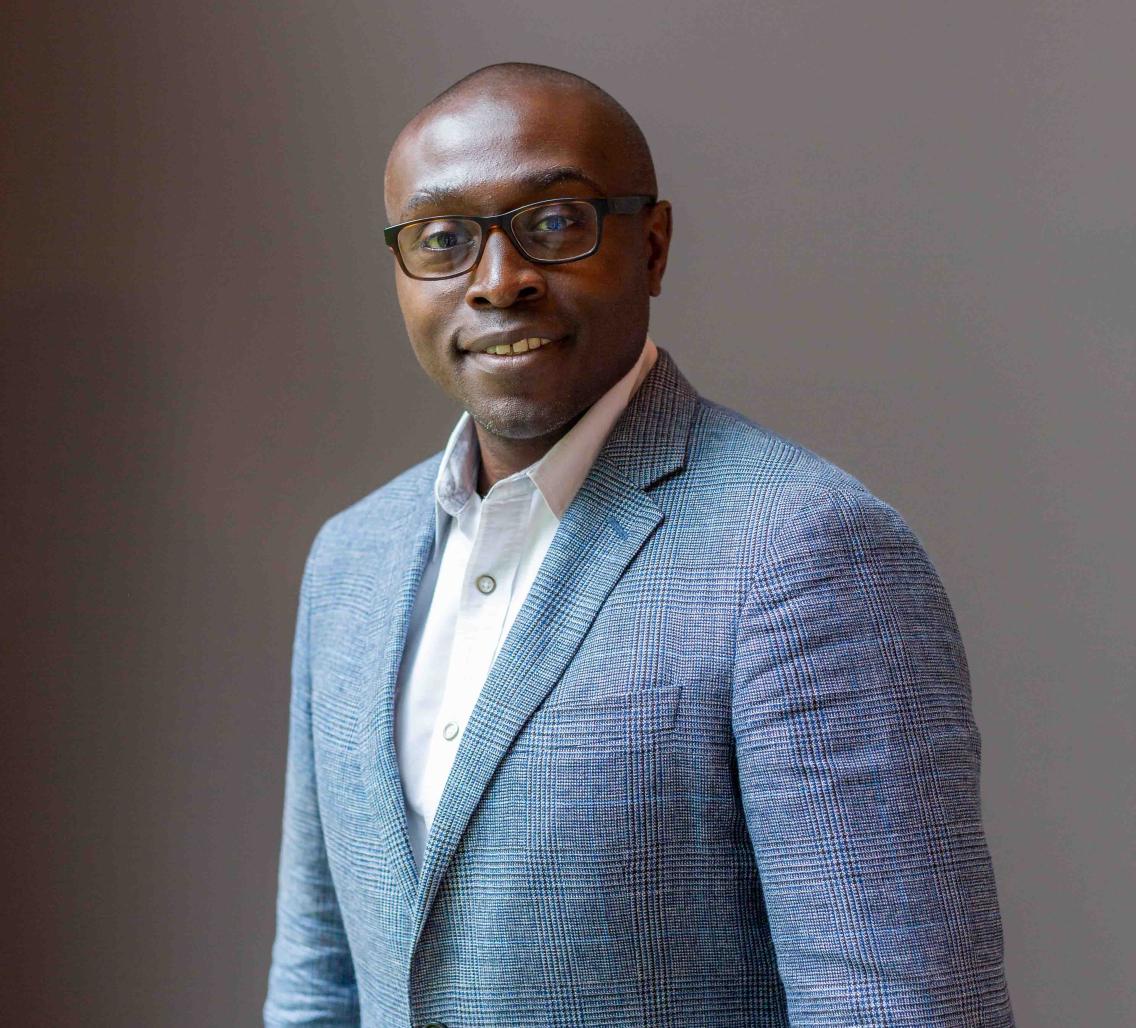Event Details:

Shawn Hervey-Jumper
University of California, San Francisco
https://herveyjumperlab.ucsf.edu/
Hosted by Erin Gibson
Abstract
Gliomas synaptically integrate into neural circuits. Prior work has demonstrated bidirectional interactions between neurons and glioma cells, with neuronal activity driving glioma growth and gliomas increasing neuronal excitability. In this study we wanted to know how glioma induced neuronal changes influence neural circuits underlying cognition and whether these interactions influence patient survival. We use intracranial brain recordings during lexical retrieval language tasks in awake humans in addition to site specific tumor tissue biopsies and cell biology experiments. We find that gliomas remodel functional neural circuitry such that task-relevant neural responses activate tumor-infiltrated cortex, beyond cortical excitation normally recruited in the healthy brain. Site-directed biopsies from functionally connected regions within the tumor are enriched for a glioblastoma subpopulation that exhibits a distinct synaptogenic and neuronotrophic phenotype. Tumor cells from functionally connected regions secrete the synaptogenic factor thrombospondin-1, which contributes to the differential neuron-glioma interactions observed in functionally connected tumor regions compared to tumor regions with less functional connectivity. The degree of functional connectivity between glioblastoma and the normal brain negatively impacts both patient survival and language task performance. These data demonstrate that high-grade gliomas functionally remodel neural circuits in the human brain, which both promotes tumor proliferation and impairs cognition.
Bio
Shawn Hervey-Jumper, MD is Associate Professor at University of California San Francisco. He is a neurosurgeon researcher with a clinical practice focused on the surgical management of patients with brain cancer within functional areas using physiological mapping. In his research laboratory he seeks to understand how brain tumor cells influence functional circuits and cognition. His ultimate goal is to better understand the mechanisms of cognitive impairments thereby leading to novel treatment options focused on improving network recovery and therefore cognitive outcomes for patients.